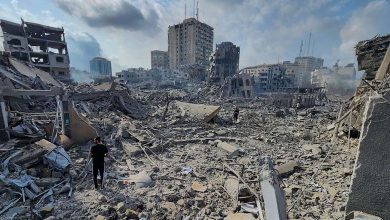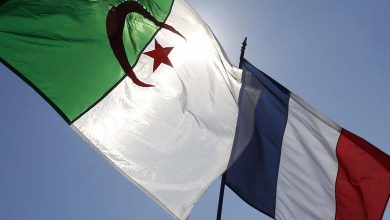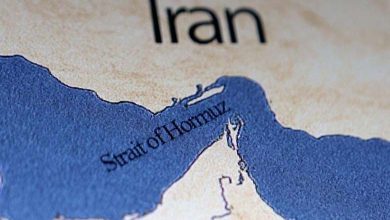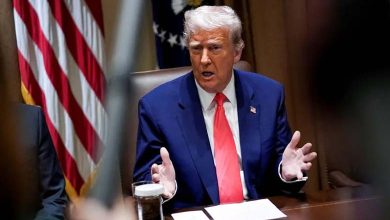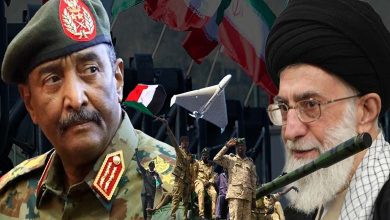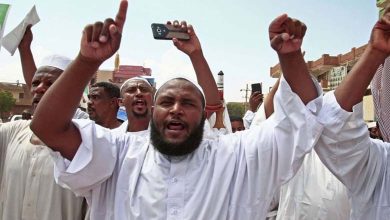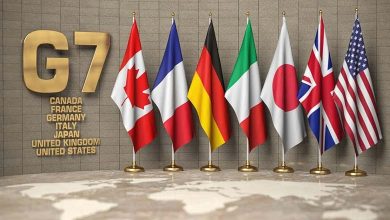Tunisia referendum – The most important item in the new constitution
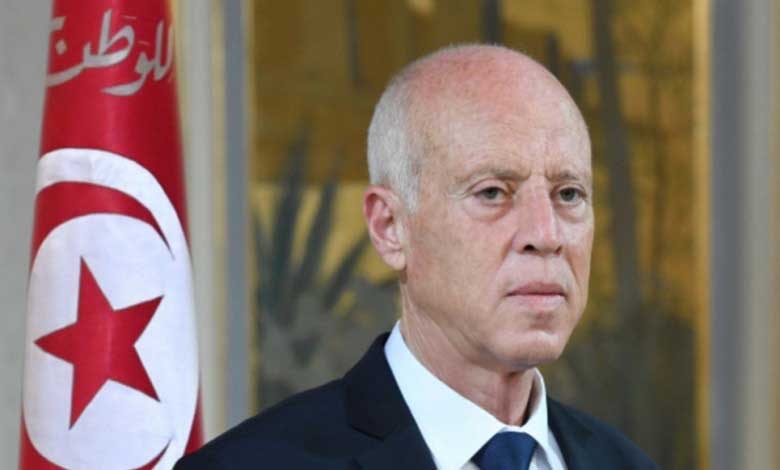
Tunisians began voting on Monday in a referendum to end the “black decade” of Brotherhood rule.
Some 9,278,541 Tunisian voters were called to vote on the draft constitution, including 348,876 registered voters abroad and 8,929,665 in the country.
The new draft constitution, which is to be put to a referendum in Tunisia on Monday, includes 142 chapters and 11 sections. Chapter I states that “Tunisia is a free, independent and sovereign state”.
The proposed Tunisian constitution for a referendum mandates “the sovereign people the legislative function of two chambers: The Assembly of the Representatives of the People and the National Assembly of Regions and Regions”.

The constitution marks the beginning of a new phase after the country was purged of the Brotherhood and the new republic was established.
The amended version included several chapters, including the controversial Chapter V on the purposes of Islam, which stipulated that “Tunisia is part of the Islamic Ummah, and only the State, under a democratic system, shall work to achieve the purposes of Islam in preserving life, honor, property, religion and freedom”.
The first version of this chapter, which was included in the previous draft constitution, states: “Tunisia is part of the Islamic Ummah, and the state alone must work to achieve the true purposes of Islam in preserving life, honor, money, religion and freedom”.
Among the other controversial articles was the one on rights and freedoms, which was amended by the first version issued on June 30th, which stated that there are no restrictions on the rights and freedoms guaranteed by this Constitution except in accordance with the law and as necessary for national defense, public security, public health, or the protection of the rights of others or public morals.
The amended version states that the rights and freedoms guaranteed in this Constitution shall be restricted only by virtue of a law and the necessity required by a democratic system and with the aim of protecting the rights of others or the requirements of public security, national defense or public health.
With regard to the chapter on the entry into force of the Constitution, the previous version stipulated that the Constitution shall enter into force from the date of the final announcement of the results of the referendum by the Independent High Electoral Commission.
The amended version, however, stipulates that the provisions of Presidential Decree No. 117/2021 of September 22, 2021 on extraordinary measures shall continue to be applied in the legislative sphere until the Assembly of the Representatives of the People assumes its functions after organizing the elections of its members.

With regard to the chapter on the election of the President of the Republic, the first version provides that the President of the Republic shall be elected for a term of five years by universal, free, direct and secret election during the last three months of the presidential term. If the elections cannot be held on time because of war or imminent danger, the presidential term shall be extended by law until the reasons that led to the postponement are no longer valid, and the President of the Republic may not renew his candidacy except once.
The amended version also stipulates that the President of the Republic shall be elected for a period of five years by free, direct, secret general election during the last three months of the presidential term and by an absolute majority of the votes cast.
The candidate must recommend a number of elected members of parliament or voters in accordance with the electoral law.
In the event that no candidate obtains an absolute majority in the first cycle, a second session shall be organized during the two weeks following the announcement of the final results of the first cycle. The two candidates who obtained the highest number of votes in the first cycle shall stand for the second round.
If one of the candidates dies in the first round or one of the candidates in the second round, the nomination period shall be reopened and the dates of the re-election shall be set within no more than forty-five days. Withdrawal shall not be counted at the first or second sessions.
If the elections cannot be held on time because of war or imminent danger, the presidential term is extended by law until the reasons for the postponement have been removed. The Presidency of the Republic may not be held for more than two full, consecutive or separate sessions.
In the event of resignation, the presidential term is considered to be complete.
In a speech delivered on the occasion of Eid Al-Adha Friday evening, Kais Saied said that some of the errors were leaked to the draft constitution, which was published, and that it was necessary to correct them.
He added, “There are errors in form and in order, which is a common practice in the publication of other legal texts and judicial rulings and decisions, as mistakes are infiltrated by any human act and there is a possibility for reform and review, which will happen today”.
Today, Tunisian President Kais Saied urged voters in his country to build a new republic to put an end to the “black decade” of Islamist rule.
In a speech delivered during his vote in the referendum to amend the constitution in the suburbs of the capital, Saied added that his country has lived “in the past years, which is infamous for many jokes and plays. The chapters of the laws were sold and bought and the texts were drafted without finding their way to be implemented”.


